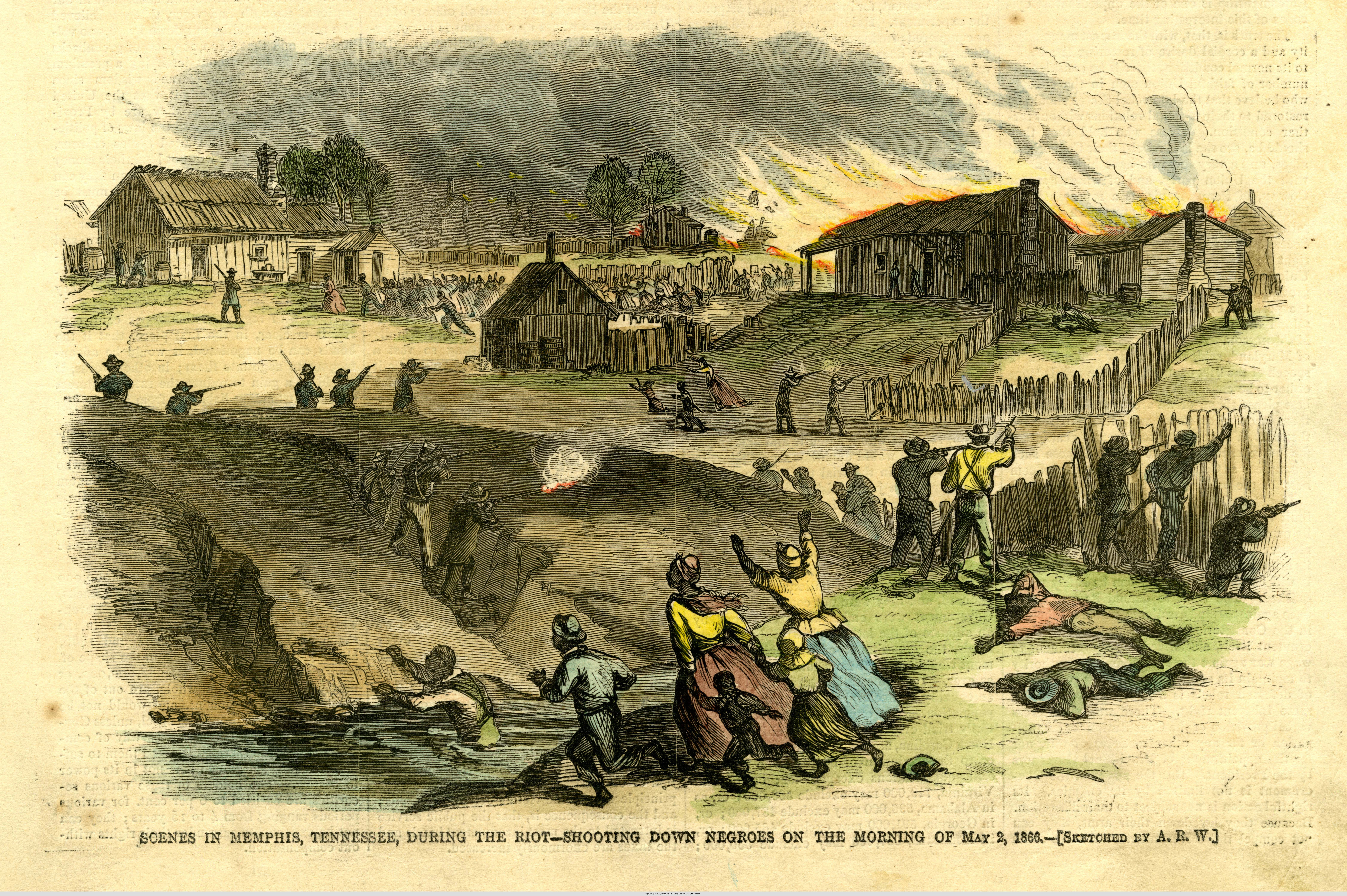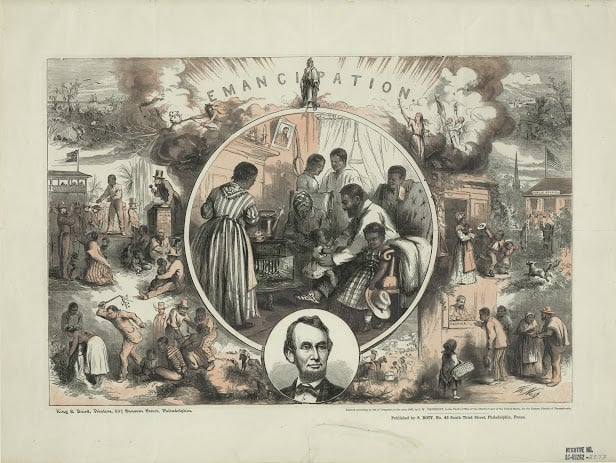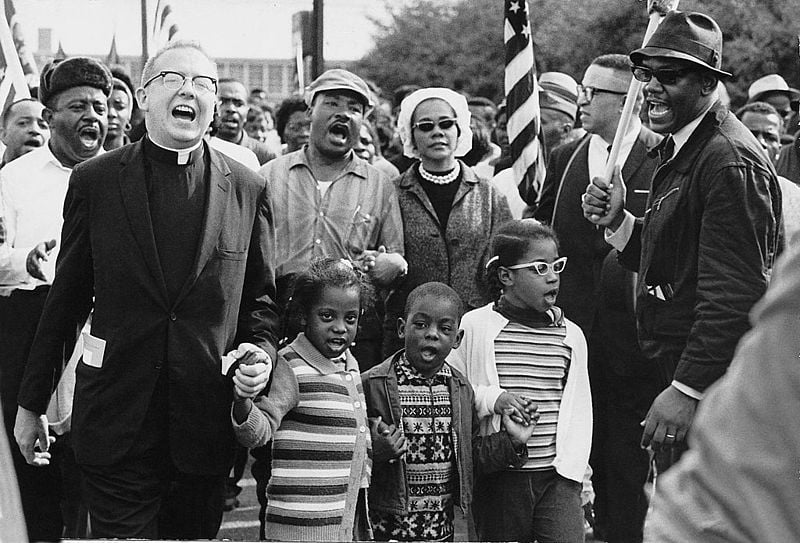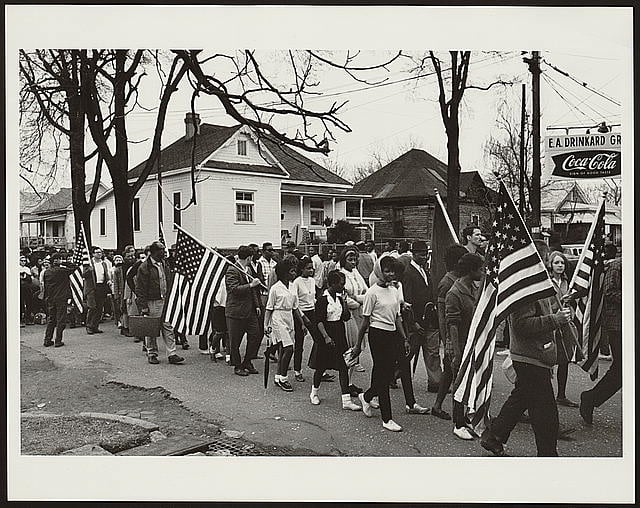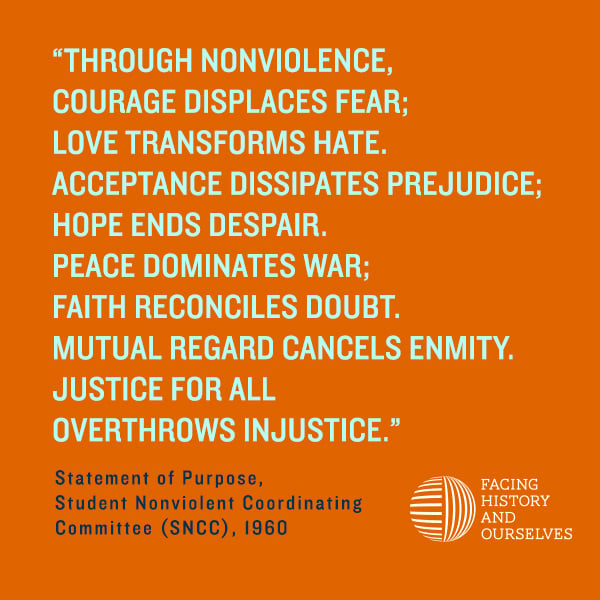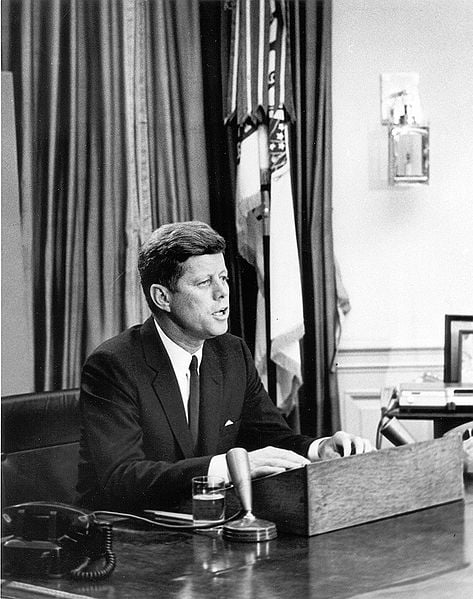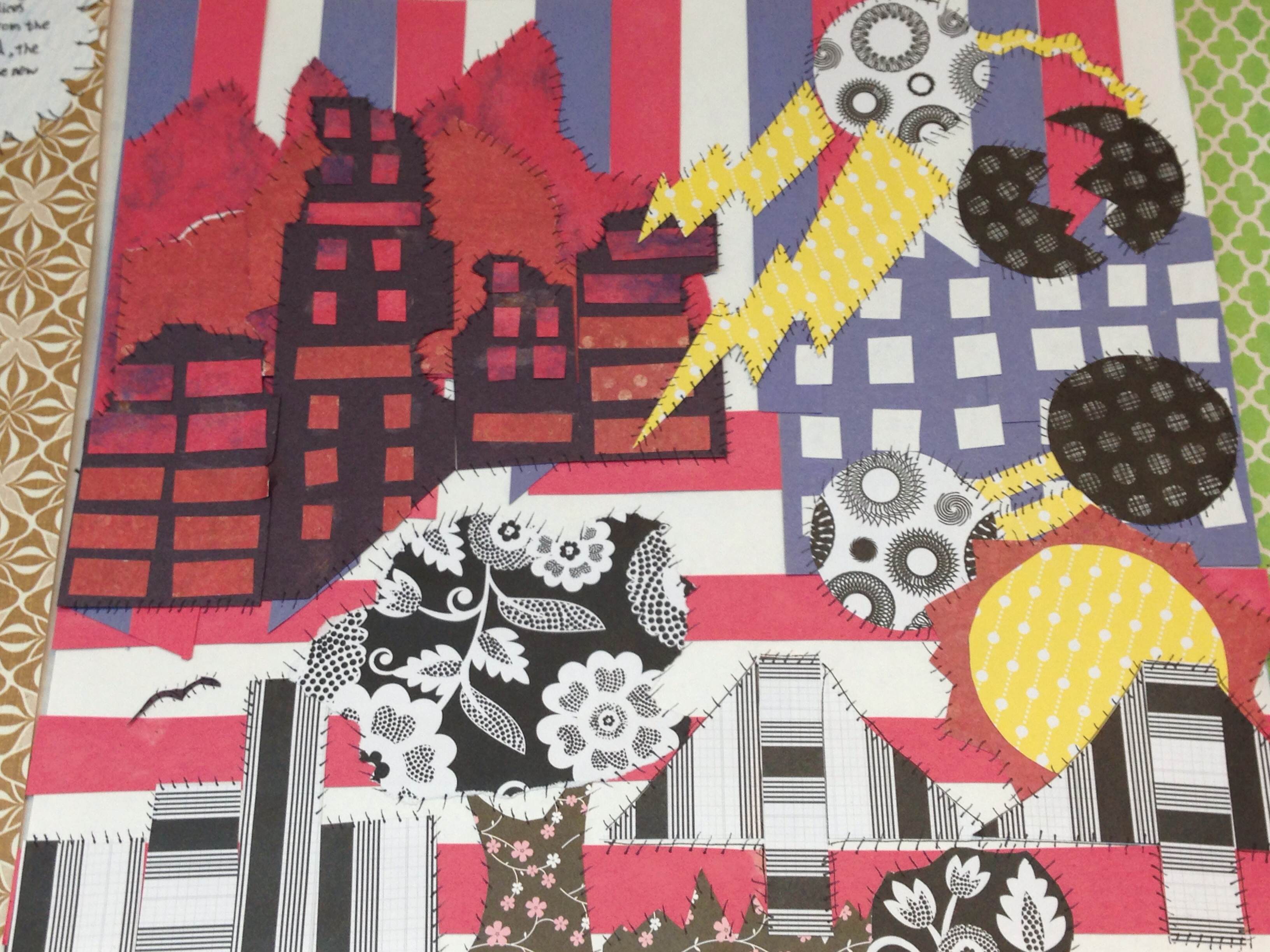One hundred and fifty years ago, two massacres in 1866 – one in Memphis and one in New Orleans – galvanized national opposition to the Reconstruction policies that President Andrew Johnson enacted. These policies offered almost no protection to newly freed slaves in the aftermath of the Civil War.
How can confronting challenging historical moments like these become a step toward truth and reconciliation around issues of race that we face today? First, we need to understand the history behind them.
Read More
Topics:
Democracy,
Reconstruction,
Race and Membership,
American History,
Truth and Reconciliation
About two years ago, when I began reading draft chapters of Facing History’s new publication on the Reconstruction era in American history, I got to thinking back to how I learned about this period in high school in 1959 and in college, and also how I taught it to my students while teaching high school several years later in 1965.
In both my high school class as student, and later my high school classes as a teacher, I used the same textbook, David Saville Muzzey’s 1937 A History of Our Country, which for decades was the most widely used high school text on American history. Curious about what I learned and how I taught it, I dug out my well-worn copy and looked at how Muzzey wrote about Reconstruction.
Read More
Topics:
Classrooms,
Books,
Teaching Strategies,
Democracy,
Reconstruction,
Facing History Resources,
Teaching,
Teaching Resources,
History,
American History,
Civil War
In the United States, Presidents’ Day is celebrated Monday. The national holiday offers an opportunity for valuable discussion in the classroom about the importance—and the fragility—of democracy now and throughout history. Here are four Facing History and Ourselves resources that can help you plan an exciting lesson.
Read More
Topics:
Professional Development,
Teaching Strategies,
Democracy,
Voting Rights,
Choosing to Participate,
Facing History Resources,
Religious Tolerance,
Teaching,
Teaching Resources,
History
It can be so very difficult to discuss race with our children.
The conversation is particularly complex when it's about some of our nation's not-so-proud moments.Rather than face such moments head-on, sometimes we instead seek to protect our children (and even ourselves) from the pain and shame of the past, and so we often gloss over physical, emotional, and psychological suffering in history to get to a more palatable, less troubling version of those events. Moments like 1965 in Selma, Alabama, too quickly become "the victory of voting rights" rather than the painful history of a tired, yet determined, African American community that stood toe-to-toe against those who used terror, intimidation, and unjust laws to deny them opportunity to freely exercise the right to vote.
Read More
Topics:
Civil Rights Movement,
Film,
Democracy,
Voting Rights,
Choosing to Participate,
Selma,
Raising Ethical Children,
Civil Rights,
History
Teaching after mass violence, including acts of terrorism, is incredibly challenging.
Read More
Topics:
Antisemitism,
Democracy,
Choosing to Participate,
Human Rights,
Immigration,
Religious Tolerance,
Teaching,
Schools,
News,
Identity,
Genocide/Collective Violence
There are so many moments throughout history whose untold and overlooked stories make them much more fascinating than the versions that are typically taught or talked about in the classroom. The 1965 civil rights march from Selma, Alabama to Montgomery is one of those stories.
Read More
Topics:
Civil Rights Movement,
Film,
Democracy,
Voting Rights,
Choosing to Participate,
Selma,
Facing History Resources,
Teaching Resources,
Video,
Civil Rights,
History
The news around the world has been grim recently. During times of conflict and difficulty, we look to history and remember the inspirational words from upstanders of the past—those who shared our goal of creating a better, more informed, and more thoughtful society.
Read More
Topics:
Democracy,
Choosing to Participate,
Students,
Human Rights,
Facing History Resources,
Schools,
Teachers,
Civil Rights,
History
As I prepared to write this post, I had to confront the most difficult, yet most important, person that I would be in conversation with: myself.
Read More
Topics:
Classrooms,
Teaching Strategies,
Democracy,
Students,
Human Rights,
Safe Schools,
Teaching,
Schools,
News,
Identity,
Teaching Resources,
Teachers
Next week marks the 51st anniversary of the assassination of American President John F. Kennedy. We can explore his legacy by examining the Kennedy administration's responses to the civil rights movement, and how these responses changed over time.
Read More
Topics:
Civil Rights Movement,
Books,
Film,
Democracy,
Facing History Resources,
Facing History and Ourselves,
Teaching Resources,
Civil Rights,
History
Forty-one years ago this month, a violent military coup in Chile led by Army Commander-in-Chief Augusto Pinochet overthrew Salvador Allende's democratically-elected government.
Read More
Topics:
Classrooms,
Art,
English Language Arts,
Teaching Strategies,
Democracy,
Memory,
Choosing to Participate,
Human Rights,
Facing History Resources,
New York,
Teaching,
Identity,
Holocaust,
Genocide/Collective Violence,
Teaching Resources,
History

